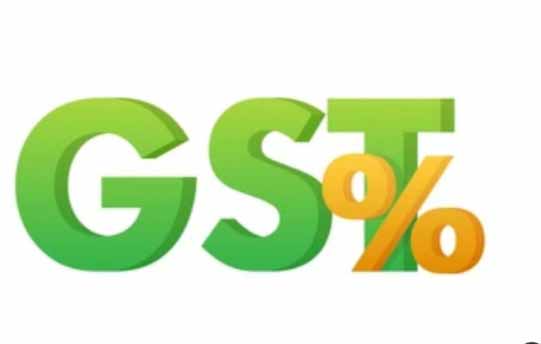Mr Tarun Bajaj, Revenue Secretary, Ministry of Finance, Government of India today gave a hint that government is bringing the aviation turbine fuel (ATF) and Gas under GST net that, in turn, can set a stage for an increase in air travel and gas prices in the country.
Bajaj gave this indication while speaking as the Chief Guest at CII Interactive Session with Ministry of Finance on "GST – Five Year Journey of Tax transformation and the Way Forward" in Delhi today.
He said the government is prioritising the rationalisation of GST rates, removal of tax inversion, minimizing exemptions and simplification of GST law.
He said GST reform is undergoing an evolution. The Government is looking forward to having lower rates on fewer products, with indirect taxes contributing 35-40% of the tax revenue.
The Government as a first step is deliberating on inclusion of Aviation Turbine Fuel and Gas under the GST net in the successive GST Council meetings.
Technology can help to a great extent in centralised registrations, but coordination between states is required and can be made possible going forward, he added.
Mr Vivek Johri, Chairman, Central Board of Indirect Taxes & Customs, Ministry of Finance said there have been very clearcut gains from implementation of GST like digitalization of the ecosystem, high degree of formalization of the economy, increased awareness about taxation and enhanced logistics efficiencies.
“Tax base has almost doubled from 65 lakh taxpayers at the start to almost 1 crore 38 lakh now”, he said.
He said “GST has seen its ups and downs in the last 5 years”. It has helped create one single market, he added.
He said GST Appellate Tribunals as discussed in the GST Council meeting, should be set up expeditiously to further reduce the delay in filing of appeals.
CII President Mr Sanjiv Bajaj said continuous drive of the Government to implement reforms and bold interventions will create new opportunities for India’s growth”.
In his address, Mr Chandrajit Banerjee, Director General, CII said a preliminary analysis of the GST registration data reveals 50% increase in the number of indirect taxpayer base.
Thus, there is a large increase in voluntary registrations, especially by small enterprises that buy from large enterprises and want to avail of Input Tax Credits (ITC), he added.
Industry hopes that the momentum of tax reforms shall continue. Industry looks forward to simplification of some provisions of the GST law, and removal of inconsistencies, which have been industry concerns for quite a while.
Mr Uday Pimprikar, Chairman, CII Core Group on BEPS and Indirect Tax Leader, EY India said through policy and technology compliance culture of the country has changed.
The consequent formalisation of the economy has triggered record collections on the direct tax front too, he added.
“The next phase of reform could focus on mitigating cascading impact on the economy, simplification and decriminalisation of the legislation”, he said.




